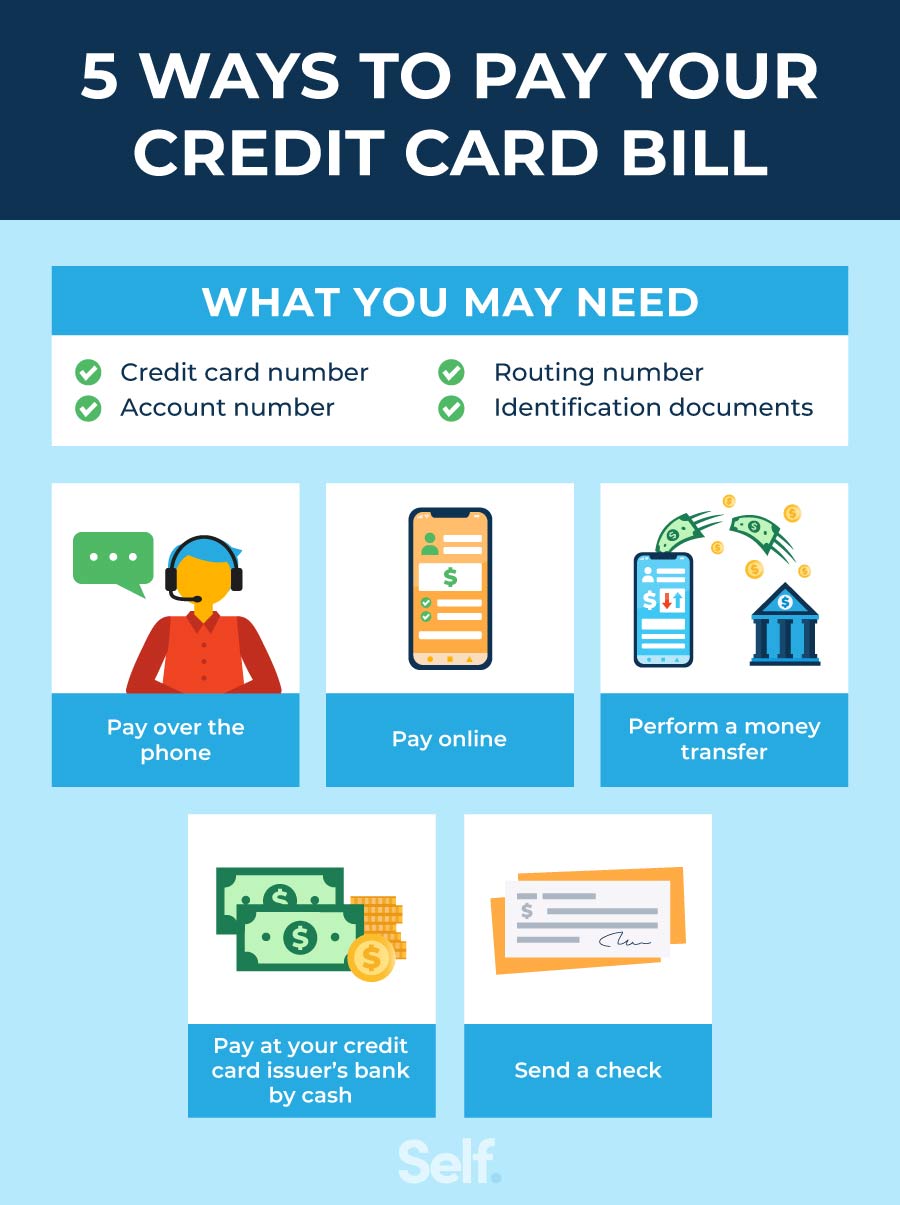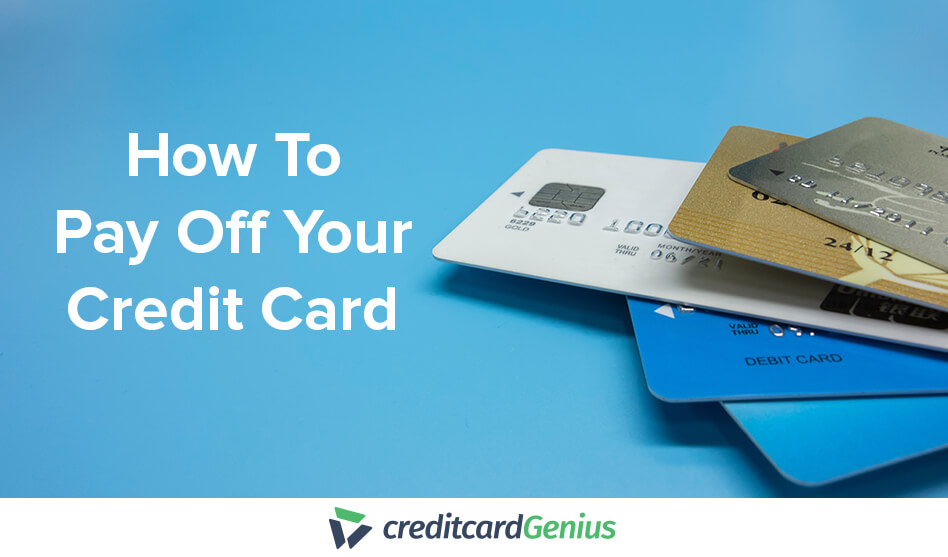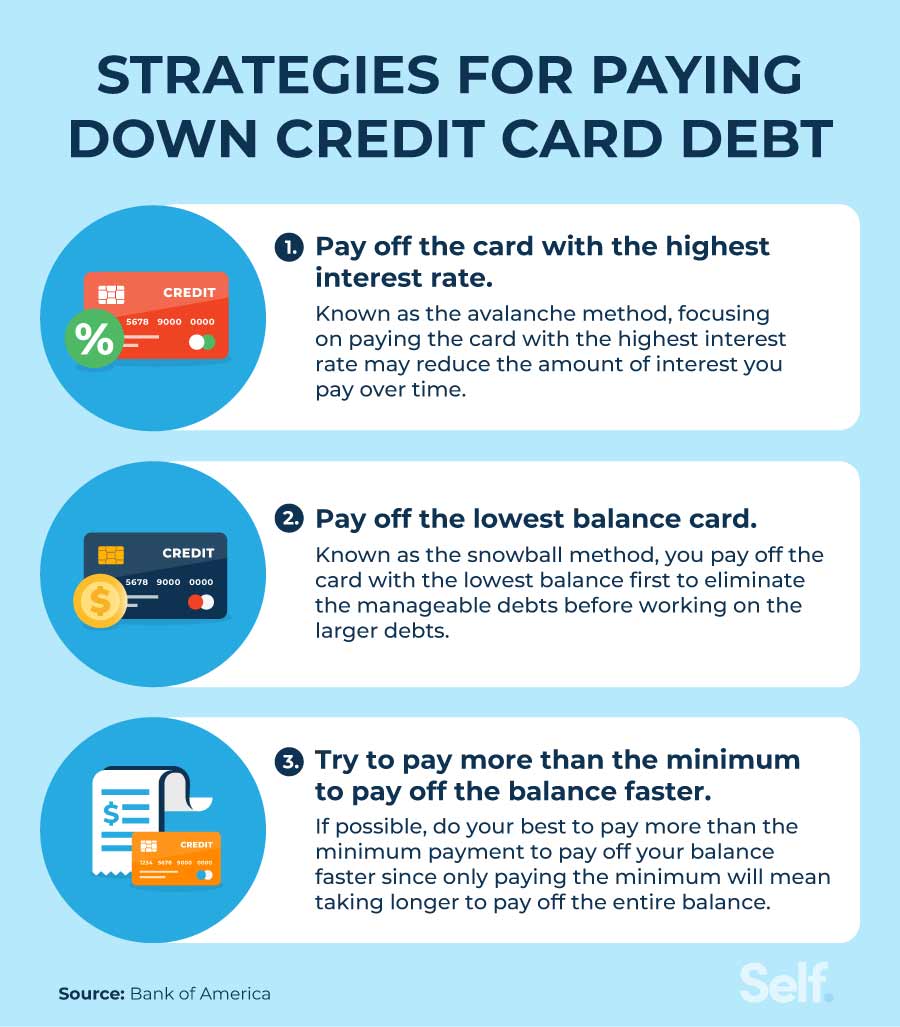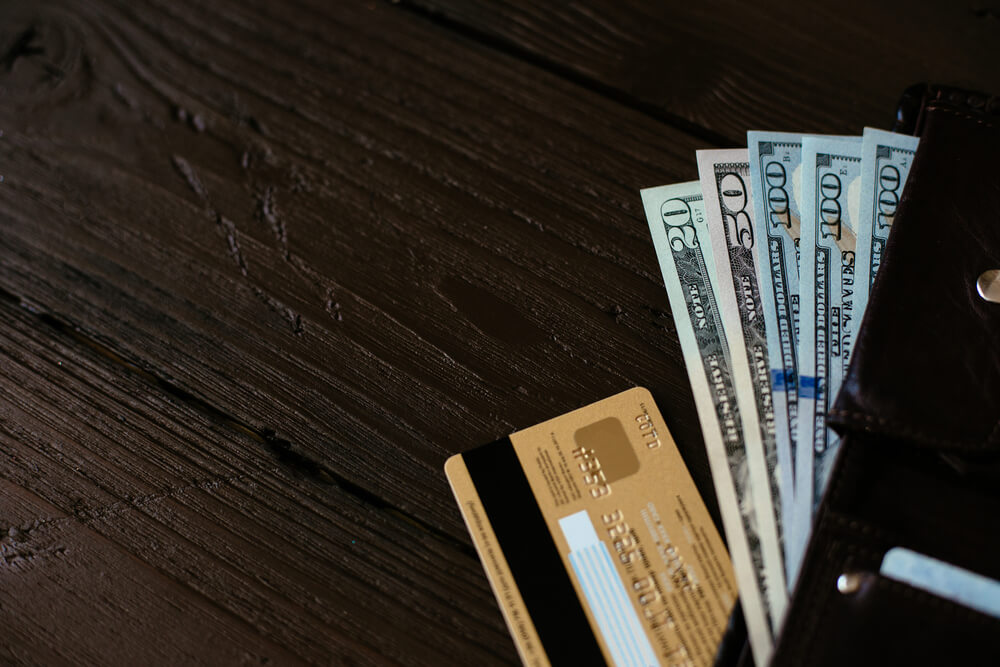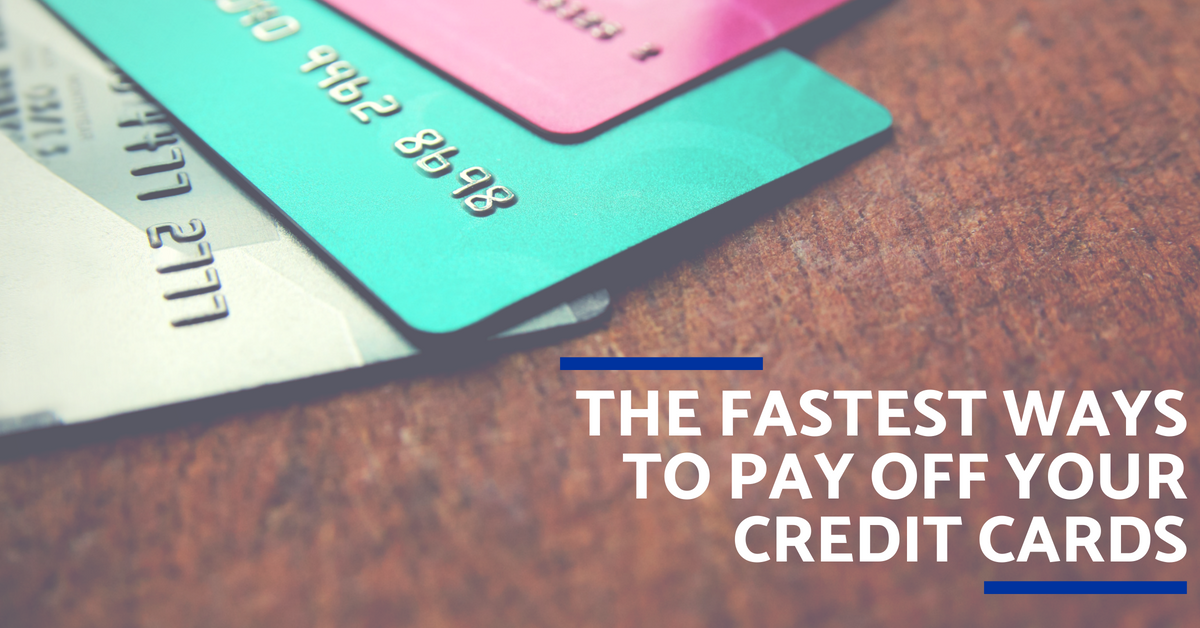Can You Get Cash Off Your Credit Card

In an era defined by instant gratification and readily available credit, the allure of accessing quick cash is powerful. Credit cards, traditionally used for purchases, also offer a less-discussed feature: cash advances. But before you rush to your nearest ATM, understand the implications – because tapping into your credit card for cash comes at a steep price.
This article delves into the reality of credit card cash advances, examining the fees, interest rates, and potential pitfalls associated with this often-overlooked feature. We'll explore the circumstances where a cash advance might seem appealing, the alternatives available, and offer advice on making informed financial decisions.
Understanding Credit Card Cash Advances
A credit card cash advance is essentially a short-term loan taken out against your credit card's available credit limit. Instead of using your card to purchase goods or services, you're withdrawing cash, either from an ATM, a bank teller, or through convenience checks issued by your credit card company. It seems simple, but the devil is in the details.
Unlike purchases, which often have a grace period before interest accrues, cash advances typically start accumulating interest immediately. This means from the moment you withdraw the cash, you're accruing interest charges on that amount.
Fees and Interest: A Costly Combination
Cash advances come with a double whammy: a fee for the transaction itself and a significantly higher interest rate than your regular purchase APR. The fee is usually a percentage of the cash advance amount, often around 3% to 5%, with a minimum dollar amount (e.g., $10).
According to CreditCards.com, the average cash advance APR is often much higher than the purchase APR, sometimes exceeding 25%. This elevated interest rate can quickly balloon your debt if not repaid promptly.
When Might a Cash Advance Be Tempting?
Despite the high costs, certain situations might make a cash advance seem like the only option. Imagine you're traveling abroad and need local currency, or you face an unexpected emergency and lack other readily available funds.
Perhaps you're in a situation where you must pay with cash, and debit card or check options aren't feasible. In these scenarios, a cash advance might appear to be a quick fix. However, carefully weigh the costs against the urgency of the situation.
The Risks Outweigh the Rewards?
Financial experts generally advise against using cash advances unless absolutely necessary. The high interest rates and fees can quickly trap you in a cycle of debt, making it difficult to repay the outstanding balance.
Debt.org emphasizes that cash advances don't typically qualify for balance transfers, so you can't transfer the high-interest debt to a card with a lower APR. This limits options for mitigating the high cost of borrowing.
Exploring Alternatives to Cash Advances
Before resorting to a cash advance, consider other options. A personal loan from a bank or credit union generally offers lower interest rates and more favorable repayment terms.
If you have a good relationship with your bank, explore the possibility of an overdraft line of credit. While overdraft fees can be hefty, they might be less expensive than the combined fees and interest of a cash advance.
Another option is to ask a friend or family member for a loan. Agreeing on repayment terms and interest can potentially be more favorable and less stressful.
Making Informed Decisions
Understanding the terms and conditions of your credit card is crucial. Review your credit card agreement to understand the cash advance APR, fees, and any limitations on the amount you can withdraw.
Create a budget and track your spending. Understanding your cash flow will help you avoid situations where you're tempted to rely on cash advances. Consider establishing an emergency fund to cover unexpected expenses.
If you're struggling with credit card debt, seek guidance from a certified credit counselor. They can help you develop a debt management plan and explore options for reducing your debt burden.
The Future of Cash Access and Credit
As technology evolves, alternative payment methods and access to emergency funds may become more readily available. Fintech companies are developing innovative solutions that could potentially reduce the reliance on costly cash advances.
However, the core principles of responsible borrowing remain the same. Understanding the costs associated with different borrowing options and making informed financial decisions is essential for maintaining financial stability.
While the convenience of a credit card cash advance might seem appealing, the associated costs often outweigh the benefits. By exploring alternatives, understanding the terms of your credit card, and planning ahead, you can avoid the trap of high-interest debt and maintain control of your financial well-being.
